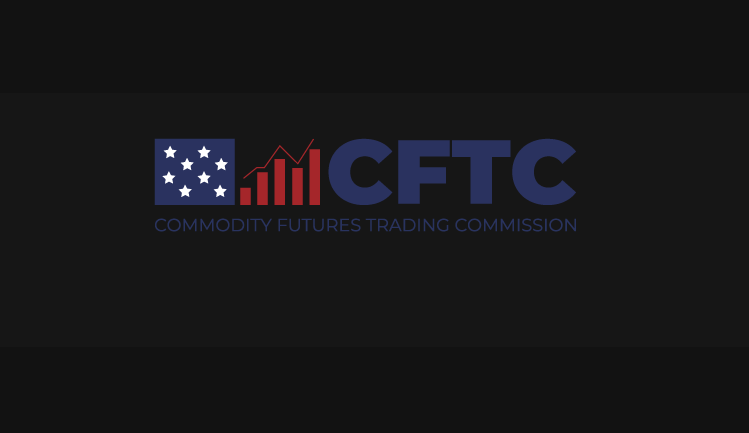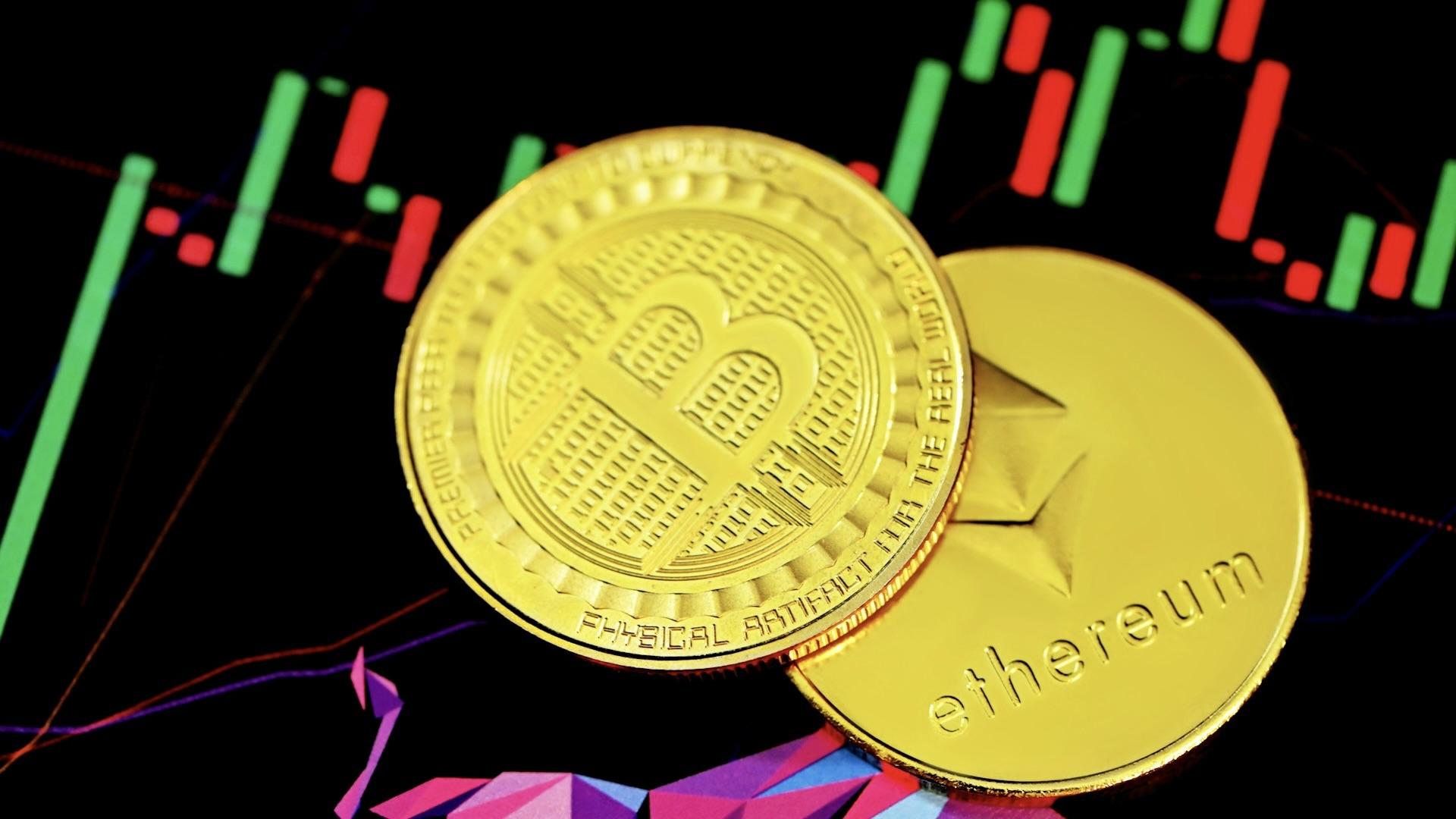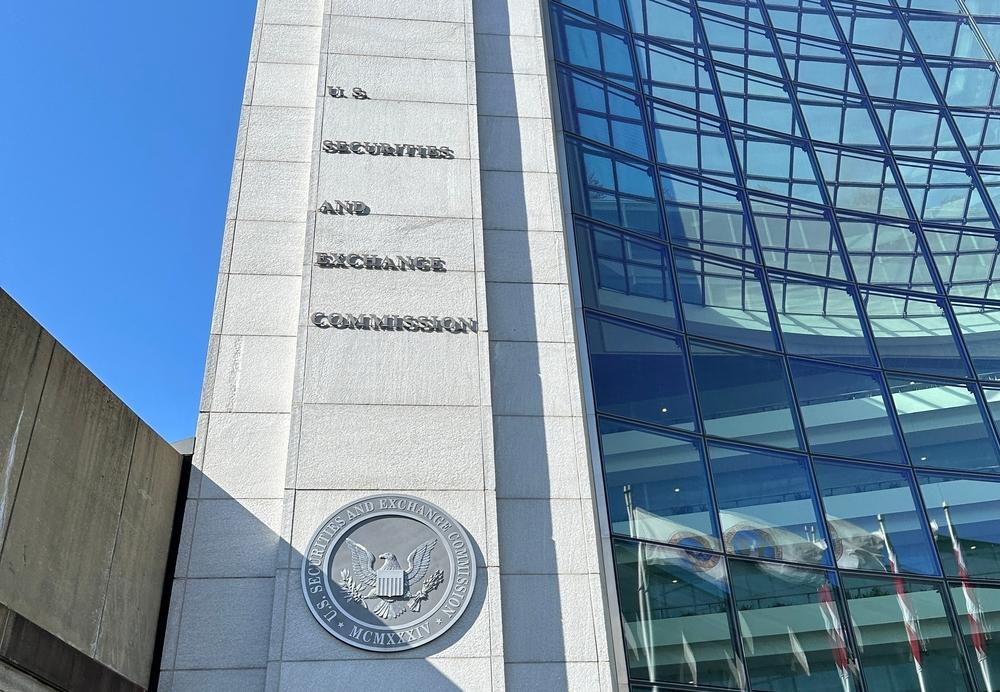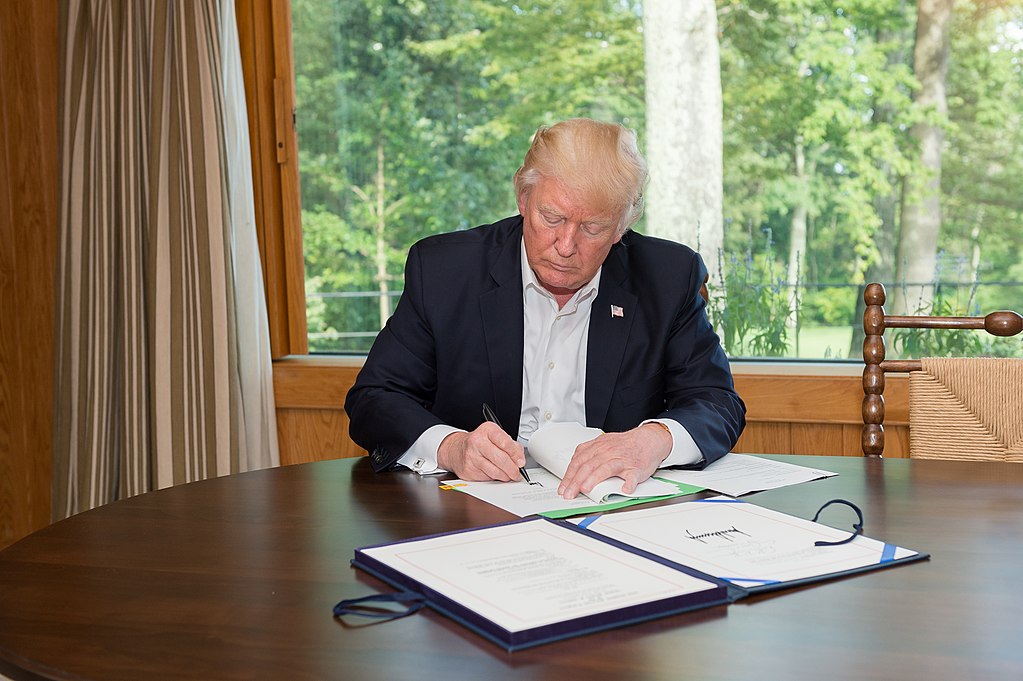The Commodity Futures Trading Commission (CFTC) is taking action against a group involved in dubious cryptocurrency and precious metal trading activities. The group includes Rene Larralde of Melbourne, Florida; Juan Pablo Valcarce from West Melbourne, Florida; Brian Early from New Orleans, Louisiana; and Alisha Ann Kingrey from Franklin, Arkansas. These individuals, along with their association, Fundsz, are on the receiving end of serious allegations.
At the heart of the case is Fundsz's alleged strategy, which involved captivating investors with the potential for substantial returns. They touted a "proprietary algorithm" as the driving force behind these promises. The group is also under fire for their alleged promises of a consistent 3% weekly profit from trading in digital currencies and precious metals.
The legal complaint by the CFTC, filed in the Middle District of Florida's United States District Court, paints a picture of deception. It suggests that Fundsz's representatives painted the organization in an overly favorable light. An investment of $2,500, they claimed, could multiply exponentially, reaching $1 million within a four-year period. To further attract potential investors, Fundsz was allegedly associated with charitable activities, a move seemingly designed to gain trust through association with good causes.
Yet, the claims may have been hollow. The CFTC alleges that over 14,000 individuals were pulled in with fake weekly return statements. What's more shocking is the assertion that Fundsz didn't engage in actual trading with the funds provided by their customers. Instead, the organization may have been built on a foundation of false profits and misleading assertions.
In response to these revelations, Judge Wendy Berger took decisive action. She has issued an order freezing the assets of the involved parties and appointed a temporary receiver for oversight. With a hearing set for August 23, the CFTC is pressing forward, aiming for compensation for the misled investors, recovery of ill-gotten funds, financial sanctions, permanent bans on trading and registration, and a long-term injunction to prevent future violations.



























Comment 0